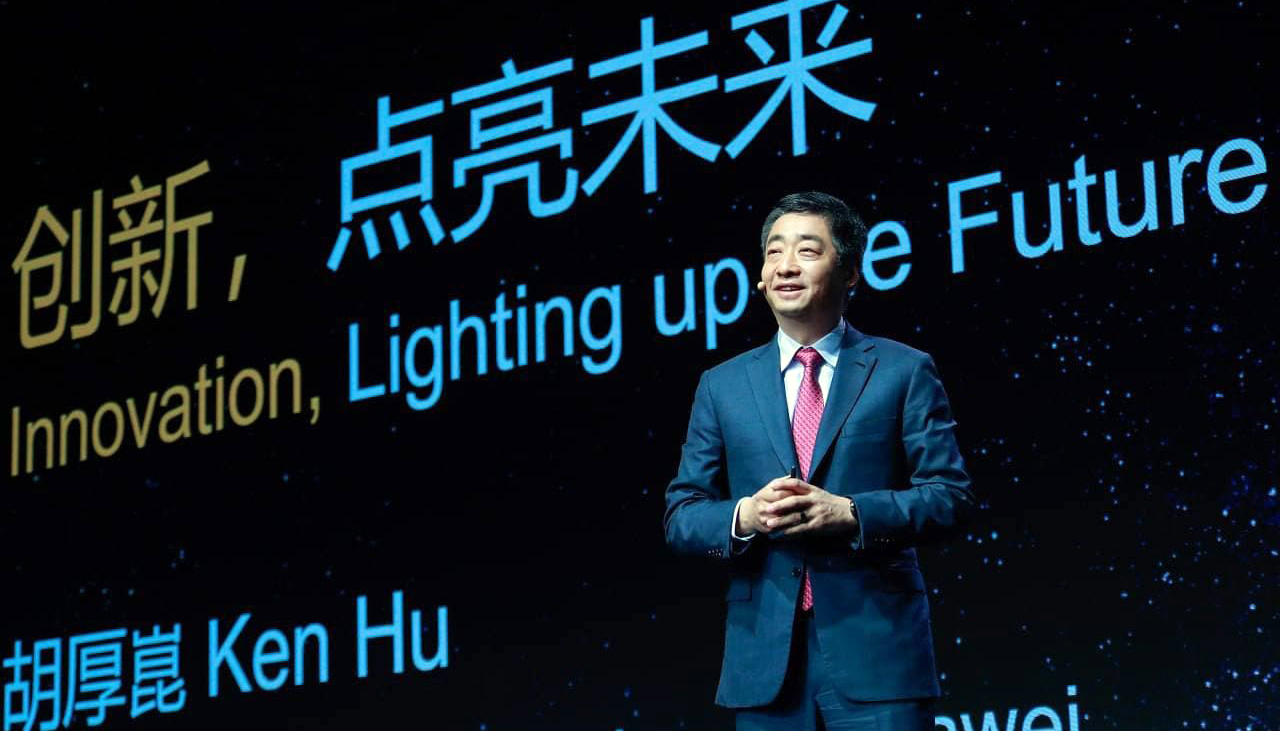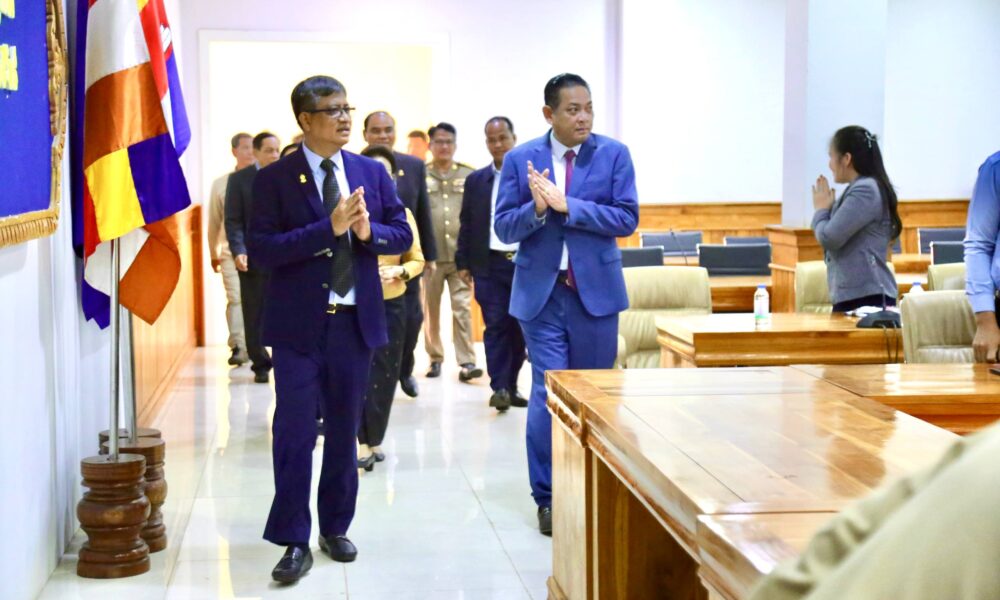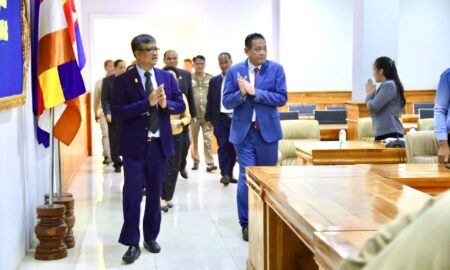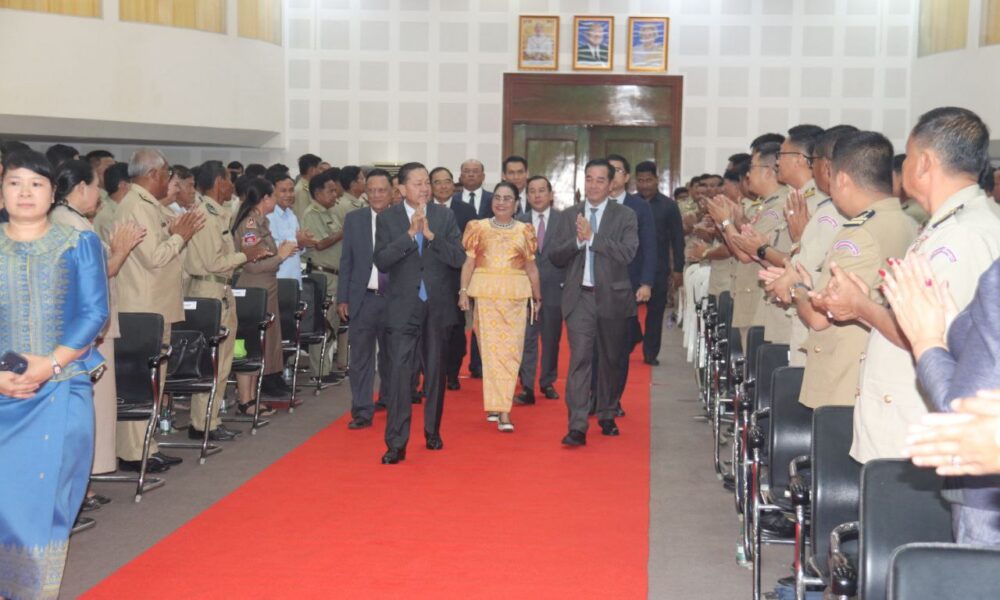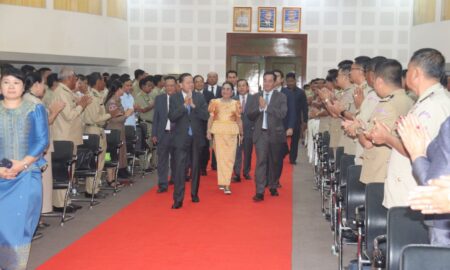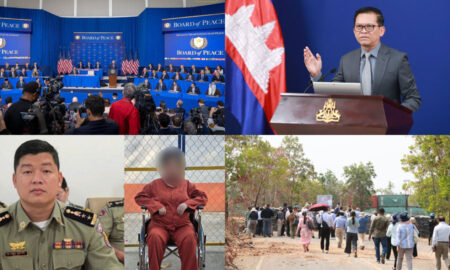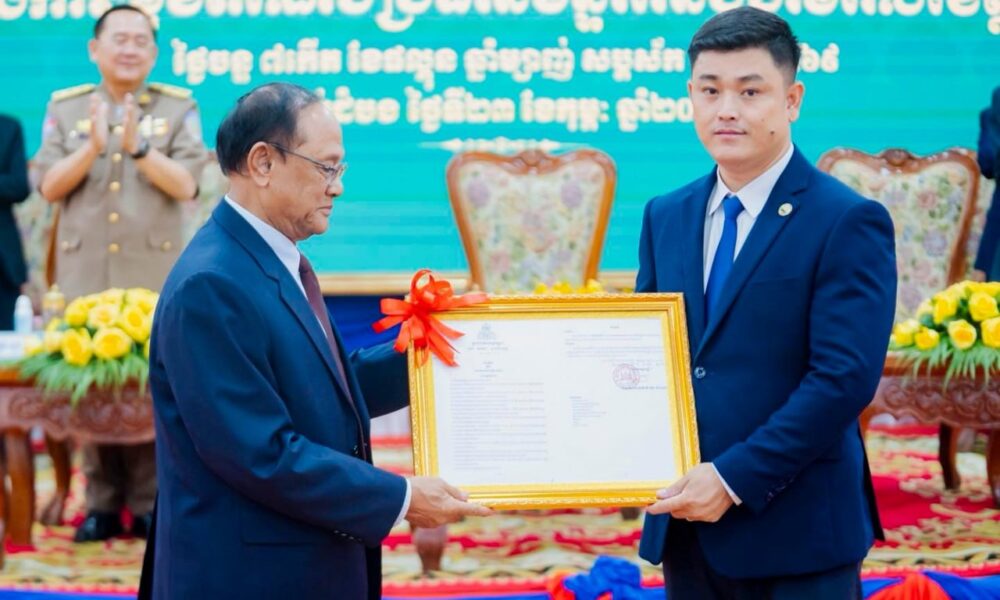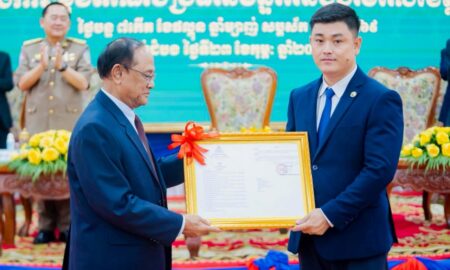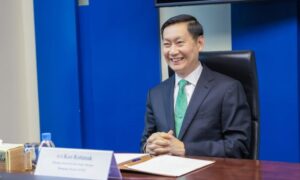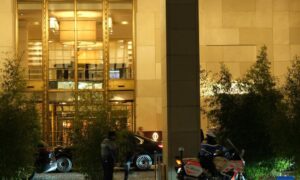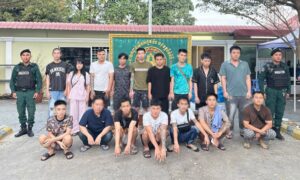[Shanghai, China, February 25, 2021] Huawei opened its first Digix Lab in the Asia Pacific in Singapore to empower developers and partners for the HMS ecosystem. This is one of the programs that the leading global tech company initiated to cultivate a diverse tech ecosystem and accelerate the digital transformation in the region, Huawei Asia Pacific spokesperson told the media on Thursday during the MWC Shanghai 2021.
Located at Changi Business Park, Huawei leverages Singapore’s importance as a growing technological hub in Asia Pacific, boosting the mobile ecosystem throughout the region. Equipped with AR, VR, HMS Core Kits, and other open technological capabilities, the lab is designed to support developers of all levels throughout their mobile app development journey.

“In the new intelligent era, Huawei aims to build a ‘1+8+N’ all-scenario mobile ecosystem with HMS that empower developers to innovate as they build their business. The Digix Lab provides a platform to cultivate and equip developers with the necessary app development tools to innovate and advance the future of the digital space,” Jay Chen, Vice President of Huawei Asia Pacific, said in an interview during the Mobile World Congress (MWC), which runs from February 23 to February 25 in Shanghai.
Headlined “Connected Impact,” the MWC Shanghai 2021 showcases how the entire digital ecosystem continues to transform our lives towards a safer and better world.
According to Jay, the Huawei will collaborate with its partners on multiple programs to cultivate the technology ecosystems in order to accelerate the digital transformation in the Asia Pacific region.
Complementing the DIGIX Lab, Huawei also announced that it will bring more local in-demand apps onboard HUAWEI App Gallery to elevate its mobile ecosystem in the region.
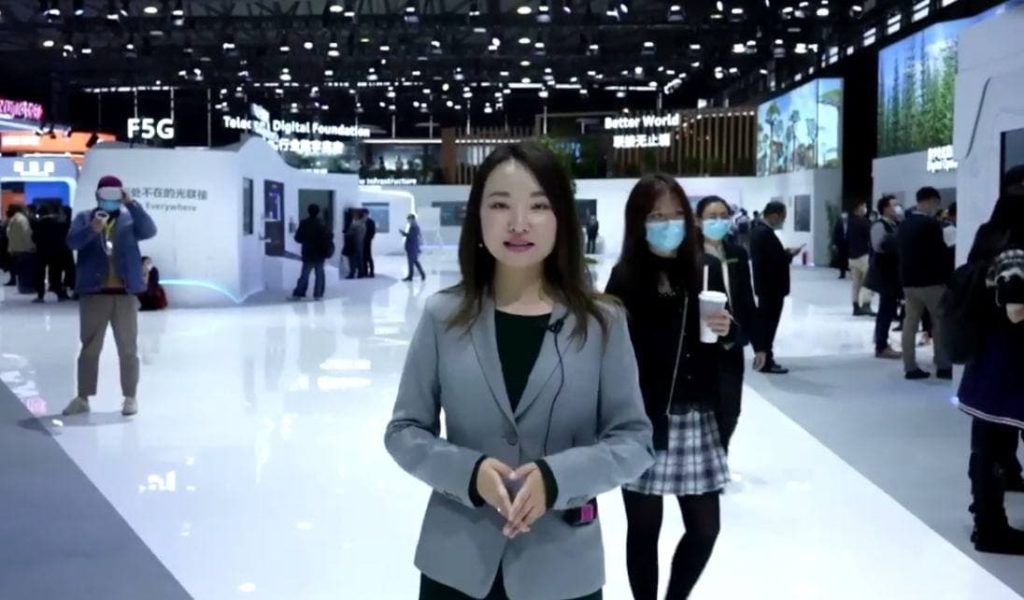
Asia Pacific will be the leading region in terms of 5G technology adoption with 1.14 billion subscribers, accounting for 65% of global 5G subscriptions by 2024, according to latest statistics by GlobalData.
Through joint innovation and strategic partnerships with its customers, Huawei is working to coordinate 5G communication and industry standards to scale up 5GtoB applications.
To cultivate the 5G ecosystem, Huawei plans to invest 475 million Thai baht (about 1.5 million USD) to support the 5G Ecosystem Innovation Center (EIC) in Bangkok. The tech company is committed to incubating more than 100 local SMEs and startups every year to adopt 5G solutions for different vertical industries within three years in the Asia Pacific country.

“This 5G EIC is as a sandbox for digital innovations of 5G applications and services across various industries. These innovations will create new business opportunities for SMEs, startups and educational institutions, paving the way to achieve Thailand 4.0 and build the digital hub in the ASEAN region,” said Mrs. Vunnaporn Dehastin, Thailand Secretary-General of the National Digital Economy and Society Commission.
“This goal must be achieved through cooperation between the public and the private sectors, at both domestic and international level. Together, we can overcome the challenges and build a better future,” she said.
For the startup ecosystem, Huawei Asia Pacific kicked off its Spark Program in Singapore in 2020 to support deep tech startups with the use of 5G, Machine Learning & Analytics, IoT, Mobile Edge Computing, and Mobile & SaaS applications. The program has attracted more than 500 startups from 75 countries.
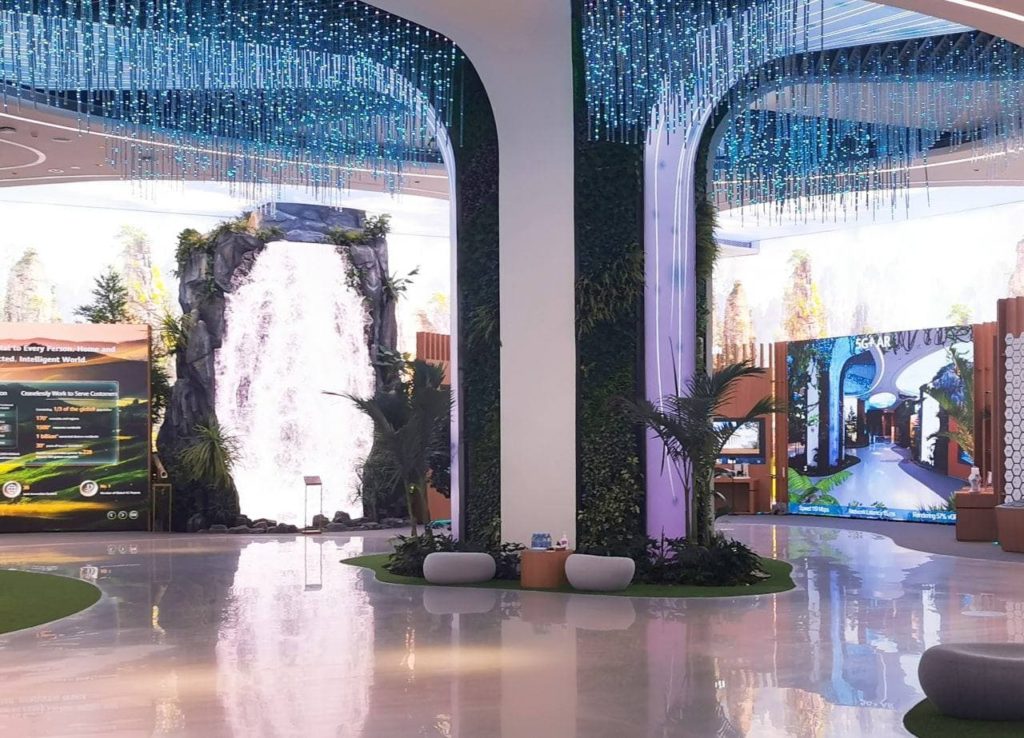
The rapid development of the digital economy also means a potential shortage of ICT talent in the Asia Pacific region. Through projects such as Huawei Academy, ICT Certification, and Seeds for the Future, Huawei will help to train at least 200,000 ICT talents in the next five years.
“In the era of ecosystem collaboration, it is more important to manage cooperation than to manage competition. With this in mind, Huawei will continue to increase investment in building a diversified and prosperous ecosystem to build a fully connected, intelligent Asia Pacific,” said Jay Chen.


